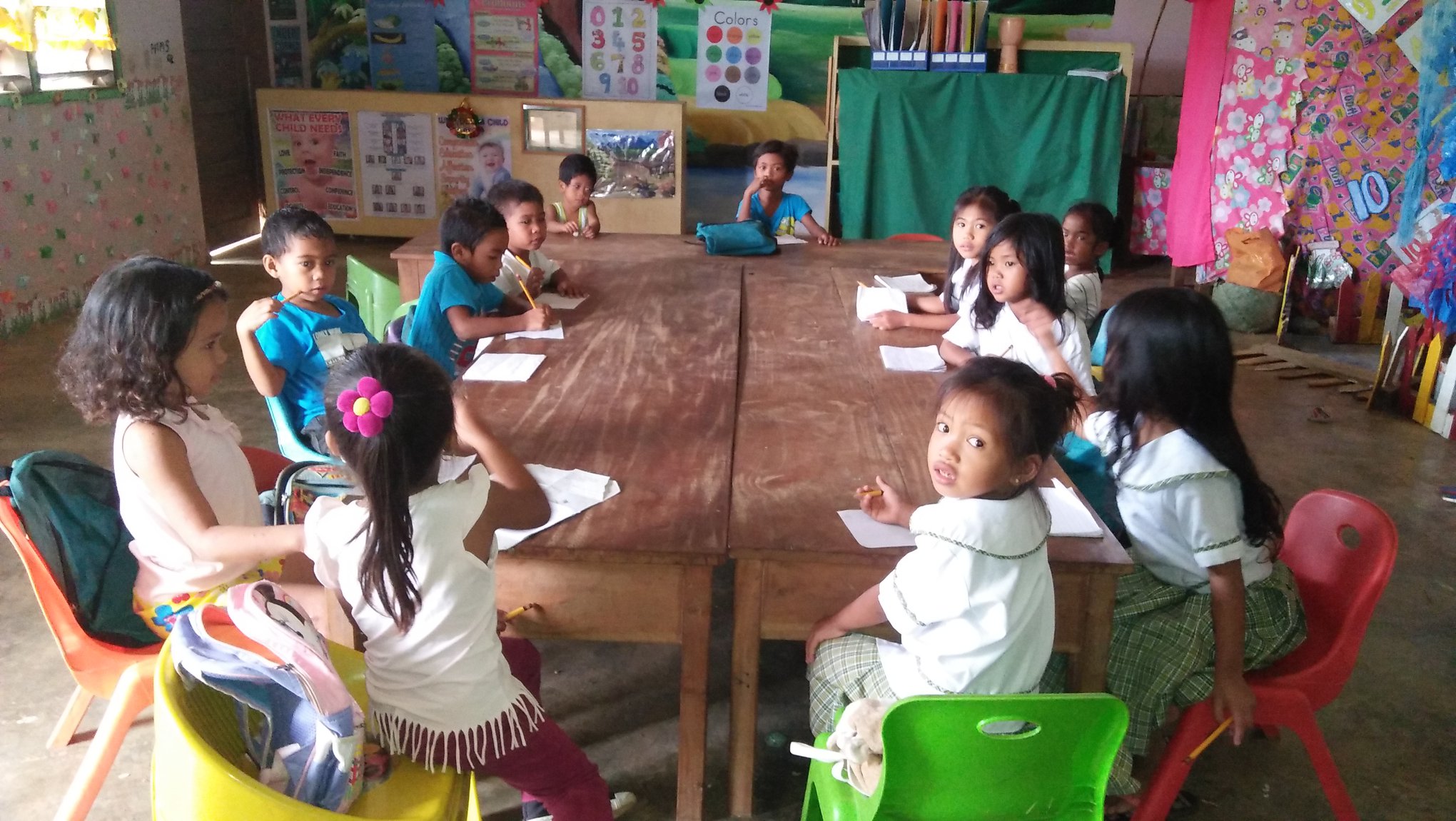Manila: local languages at risk with school reform
The Republican Act 12027, which came into force a few days ago, favours Tagalog as the national language (in addition to English, which is already the real lingua franca). The concern of the aboriginal populations in an archipelago of more than 7000 islands that has as many as 182 registered ethnic-linguistic groups.
Manila (AsiaNews) - Despite appeals to President Ferdinand Marcos, the law revising and effectively limiting the study of local mother tongues in the school system from kindergarten to third grade entered into force October 10.
Reactions to the measure include a fear that it could lead to the extinction of these idioms in an archipelago of more than 7000 islands, home to as many as 182 registered ethno-linguistic groups, some of them aboriginal peoples, others the result of conquests or population movements.
Their disappearance would do away with an essential element of the cultural diversity that is among the country's riches and attractions.
The Republic Act 12027 actually makes the use of minority languages optional. But the pressure on the use of Filipino based on the Tagalog of the capital area as an element of national unity and an essential tool of administration, if not flanked by linguistic tools peculiar to the different regions and ethnic groups, risks wiping out a precious cultural heritage already threatened by the widespread use of English, the archipelago's true ‘lingua franca’ and obviously essential in the diffusion of the migratory diaspora, among the most substantial in the world.
In the system in force until now, it was envisaged that for the lower grades of education, materials and teachers of the students' native language would be provided, while thereafter, from grade four to six, a transition programme to Filipino and English would be provided.
Opposite is the view of the Department of Education, which pushed for the reform and which considers it essential to provide the basics of the national language from an early age, putting it before the possible study of regional idioms.
In any case, even the latter will be subject to a certain degree of homologation of the official spelling, as well as being tied to the availability of textbooks and adequately trained teachers.
There will be triennial reviews to verify the results of the new guidelines, but the input - as emphasised by Senator Sherwin Gatchalian, former chairman of the Basic Education Committee and promoter of the law - is to favour multiple language preparation, Filipino and English, putting it before the language spoken in the family, at least for the first years of education.
07/02/2019 17:28







.png)










